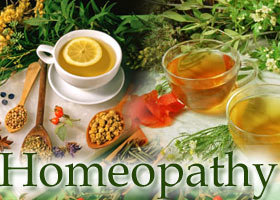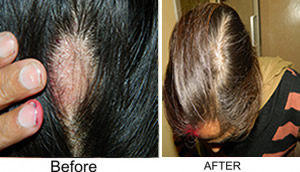PCOS is Polycystic Ovary Syndrome, also known as Stein-Leventhal Syndrome, and is one of the most common hormonal endocrine disorders in women.. There are many signs and symptoms that a woman may experience. Early diagnosis of PCOS is important as it has been linked to an increased risk for developing several medical risks including
- Insulin resistance
- type 2 diabetes
- high cholesterol
- high blood pressure
- Heart disease.
Studies have shown that approximately 40% of patients with diabetes or glucose intolerance between the ages of 20-50 have PCOS.
In addition, some studies have found that if a mother has PCOS, there is a 50% chance that her daughter will have PCOS
signs and symptoms
- menstrual disturbances (delay, absence or scanty menstruation)
- acne
- excess hair growth on the body (hirsutism), and
- Male-pattern hair loss.
- obesity and weight gain
- elevated insulin levels and insulin resistance,
- Multiple small cyst in ovaries.
- oily skin
- dandruff
- infertility
- skin discolorations
- high cholesterol levels
- elevated blood pressure
Any of the above symptoms and signs may be absent in PCOS, with the exception of irregular or no menstrual periods.
All women with PCOS will have irregular or no menstrual periods. Women who have PCOS do not regularly ovulate; that is, they do not release an egg every month. This is why they do not have regular periods and typically have difficulty in conceiving (infertility).
Cause
PCOS is caused by hormonal imbalances that prevent ovulation. Your body produces too much of some hormones and not enough of others. Women who are diagnosed with PCOS usually have low levels of follicle stimulating hormone (FSH), yet have high levels of luteinizing hormone (LH). FSH is the hormone that’s responsible for stimulating the growth of follicles in the ovaries that contain maturing eggs. If you lack FSH for a long time, your follicles will not mature and release their eggs, resulting in infertility. Instead, the immature follicles in your ovaries develop into small cysts.
The hormonal imbalance is caused by
- Long continued steroidal treatment for asthma, psoriasis, and other allergic and autoimmune disorder
- Genetic factor
- Patient is on hormone therapy for other diseases like thyroidism, diabetes and others
- stress (leading to the production of high cortisol levels by the adrenal glands), lack of exercise, and poor nutrition. Stress alone can cause anovulatory cycles.
- Birth control pills shut down normal ovary function, and sometimes it never recovers when the pills are stopped.
- Our diets are full of petrochemical contaminants–that derail normal metabolism.
Treatment –
Homoeopathic treatment should be taken in this hormonal disturbance. It is strongly recommended. Approximate time of improvement is 3- 4 month but total cure may take more time.
Homoeopathic medicine + diet scheduling + Exercise and Life style modification – gives good and promising result.










Leave a reply